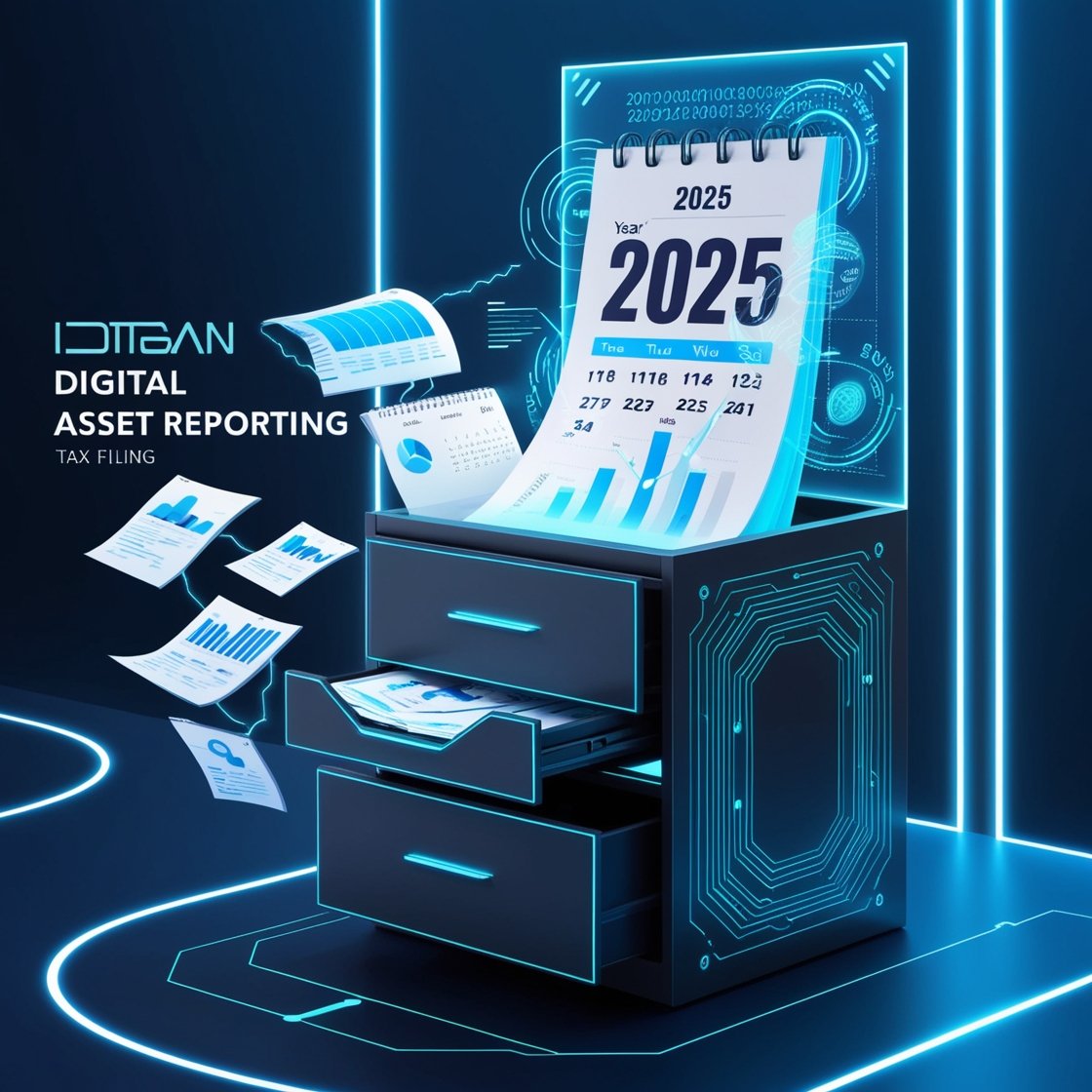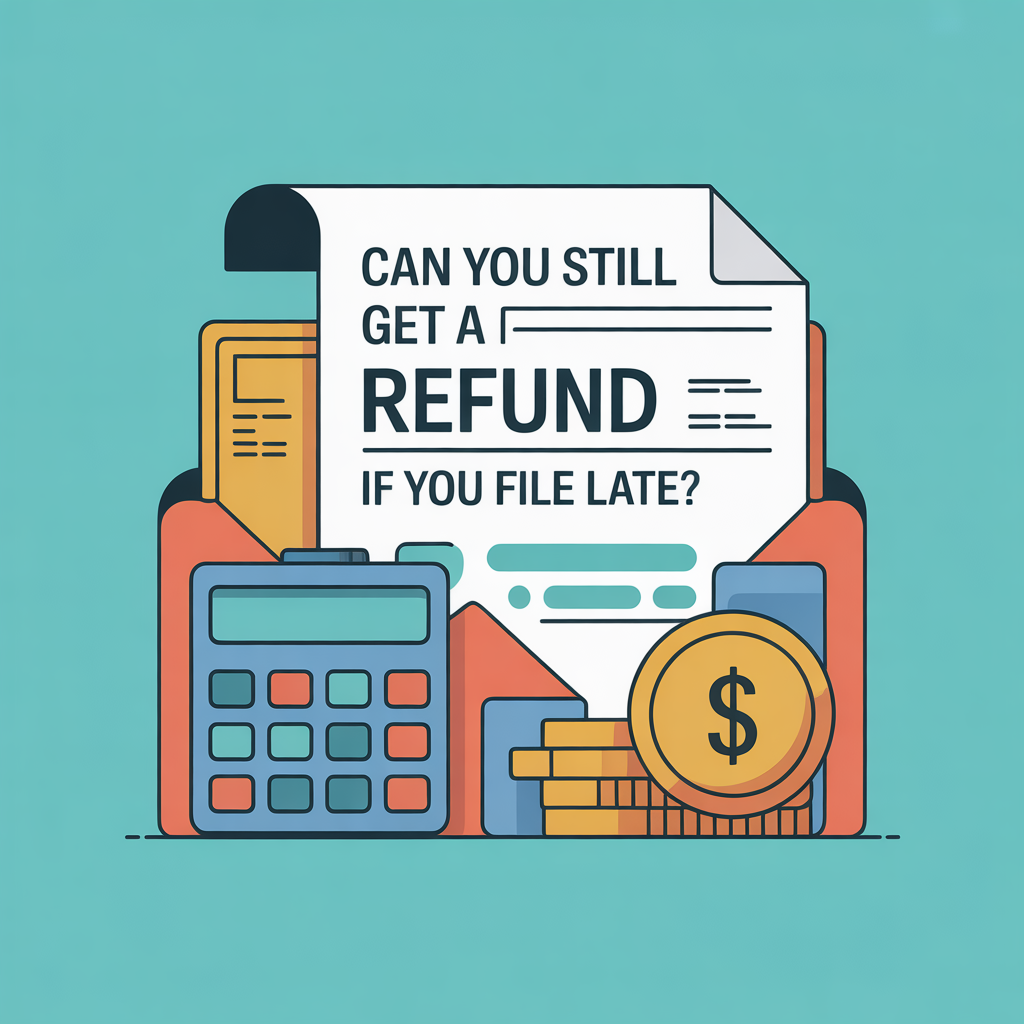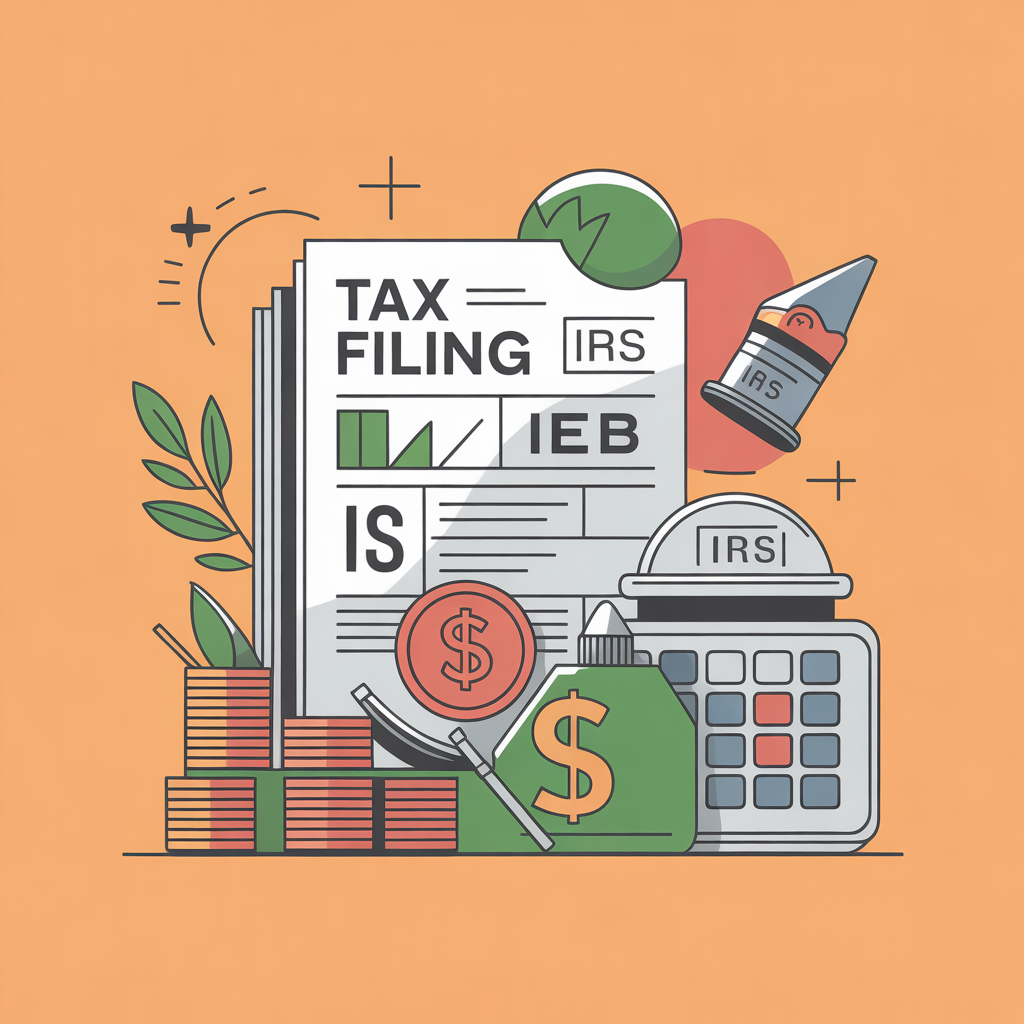In 2025, digital asset reporting has emerged as a critical area of focus for taxpayers and the IRS alike. With the growing popularity of cryptocurrencies, non-fungible tokens (NFTs), and other digital assets, the IRS has implemented stricter rules to ensure transparency and compliance in this rapidly evolving domain. Whether you’re a seasoned investor or new to the digital asset space, understanding these requirements is essential for a smooth tax filing process.
Why Digital Asset Reporting Matters
Digital assets represent a significant shift in how value is stored, transferred, and invested. However, this innovation also introduces complexities in taxation. The IRS considers most digital asset transactions as taxable events, making accurate reporting crucial. Failure to comply can result in penalties, interest, or even legal repercussions.
What Qualifies as a Digital Asset?
For tax purposes, the IRS broadly defines digital assets to include:
- Cryptocurrencies: Bitcoin, Ethereum, and other blockchain-based currencies.
- Stablecoins: Digital currencies pegged to traditional assets like the U.S. dollar.
- Non-Fungible Tokens (NFTs): Unique digital items representing art, collectibles, or real-world assets.
Key Reporting Requirements
As of 2025, taxpayers must adhere to the following reporting obligations:
1. Declaring Digital Asset Transactions
The IRS now requires all taxpayers to answer a “Yes” or “No” question regarding digital asset activity on their tax returns. This applies to:
- Buying or selling digital assets.
- Converting digital assets to fiat currency (e.g., USD).
- Using digital assets to purchase goods or services.
- Receiving digital assets as income or rewards.
2. Capital Gains and Losses
Transactions involving the sale or exchange of digital assets must be reported as capital gains or losses. The calculation involves:
- Cost Basis: The original purchase price of the digital asset.
- Fair Market Value (FMV): The value of the asset at the time of sale or exchange.
3. Airdrops and Staking Rewards
Income received from airdrops, staking, or mining activities is treated as ordinary income and must be reported at the FMV on the date received.
4. Transfers Between Wallets
While transferring assets between your own wallets is not taxable, it’s essential to keep records for accurate reporting.
Record-Keeping Best Practices
To simplify digital asset reporting, meticulous record-keeping is non-negotiable. Consider these tips:
- Track Transactions: Use tools or platforms that automatically record transaction details.
- Document Dates and Values: Record the date, value, and purpose of each transaction.
- Store Wallet Information: Maintain a log of wallet addresses for audit purposes.
Recent IRS Enhancements
In recent years, the IRS has ramped up enforcement measures, including:
- Form 1099-DA: A new form issued by exchanges and platforms to report transactions.
- Expanded Audits: Increased scrutiny of high-value digital asset transactions.
- Information Sharing: Collaborations with international agencies to track cross-border digital asset activity.
Avoiding Common Pitfalls
To ensure compliance, avoid these common mistakes:
- Underreporting Income: Include all taxable events, even if they seem minor.
- Ignoring Foreign Accounts: Digital assets held in foreign exchanges may require additional reporting (e.g., FBAR).
- Misclassifying Transactions: Distinguish between capital gains and ordinary income accurately.
Seeking Professional Assistance
Given the complexities of digital asset taxation, consulting a tax professional or using specialized tax software can be invaluable. Experts can help:
- Identify deductible losses.
- Navigate state-specific regulations.
- Prepare for potential audits.
The Riwa is your one-stop financial partner, providing reliable tax, payroll service. We help businesses and individuals across the USA.
Contact us: info@theriwa.com & Visit our website : theriwa.com






